‘The ballot or the bullet.’
It is August 26, 1863.


Lee and the Army of Northern Virginia have been driven from the battlefield in Gettysburg and have retreated south across the Potomac.
Confederate forces will never again cross into Union territory.
Vicksburg has fallen to the relentless General Grant.
The Mississippi River, the Confederate supply lifeline, is now under Union control.

In Washington, Lincoln has received an invitation from his longtime Springfield friend, James Conkling.
He asks Lincoln to return to Springfield to address a large meeting of Democrats opposed to the Civil War.
These men, a faction of the Democratic Party known as the Copperheads, advocate an immediate peace settlement with the Confederates.
Lincoln wishes to rebut the Copperheads’ ‘peace now’ advocacy but he rarely leaves Washington.
The demands of his office are too great.
So, Lincoln declines the speaking invitation but sends a lengthy letter, which he asks to be read to the Copperheads.
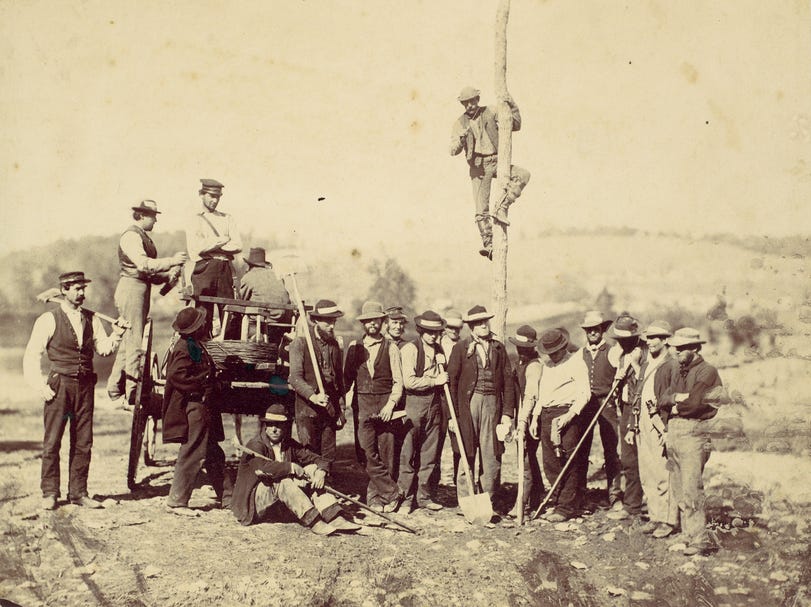
In it, Lincoln refutes the idea that peace can be made with the Confederate states given the aggression of their army.1
‘Contrary to rumor, no peace offers have come from them,’ he said.
Lincoln then offers a robust defense of the Emancipation Proclamation and the participation of Black combat troops in the Union Army.
And he offers a warning to future insurrectionists.
From Lincoln’s letter:
“You say you will not fight to free negroes.
“Fight you, then, exclusively to save the Union.
“I issued the proclamation on purpose to aid you in saving the Union.
“Negroes, like other people, act upon motives.
“Why should they do anything for us, if we will do nothing for them?
“If they stake their lives for us, they must be prompted by the strongest motive---even the promise of freedom.
“And the promise being made, must be kept.

“Whatever negroes can be got to do as soldiers, leaves just so much less for white soldiers to do, in saving the Union.
“[T]he use of colored troops, constitute the heaviest blow yet dealt to the rebellion; and that, at least one of those important successes, could not have been achieved when it was, but for the aid of black soldiers.”
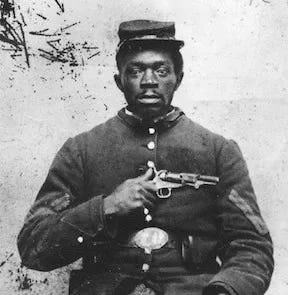

“On the spot, their part of the history was jotted down in black and white.
“The job was a great national one; and let none be banned who bore an honorable part in it.
“Peace does not appear so distant as it did.
“I hope it will come soon, and come to stay;
“and so come as to be worth the keeping in all future time.

”It will then have been proved that, among free men, there can be no successful appeal from the ballot to the bullet.


“And that they who take such appeal are sure to lose their case, and pay the cost.”
Words to live by…
******************************
I’ll see you tomorrow.
— Brenda
These letter excerpts have been edited for brevity.





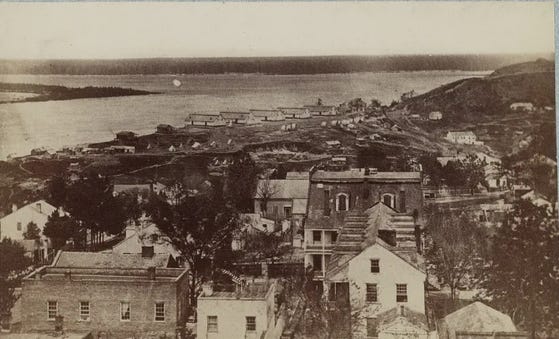

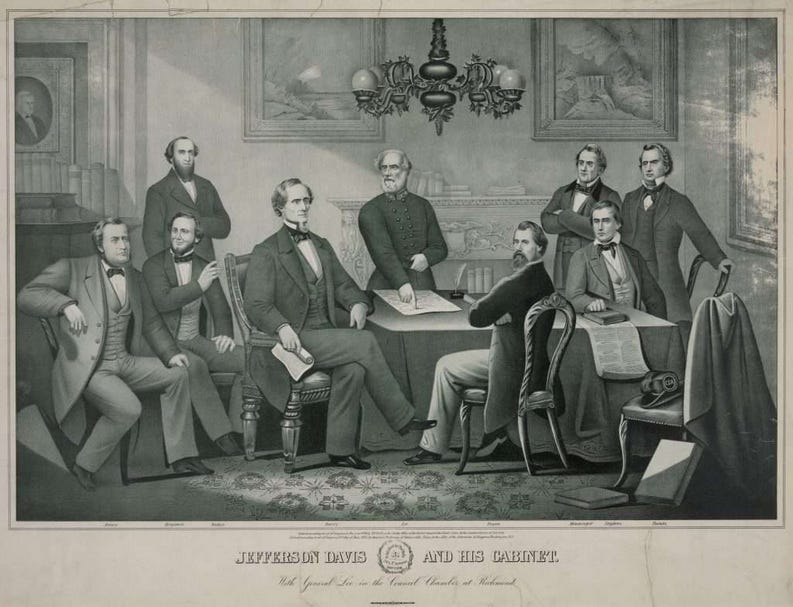









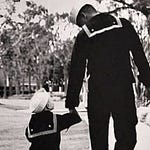

Share this post